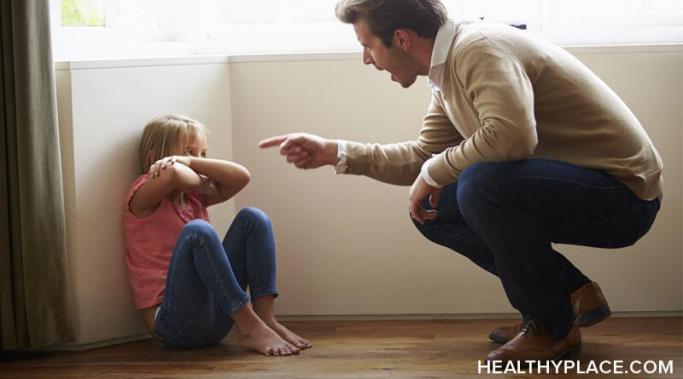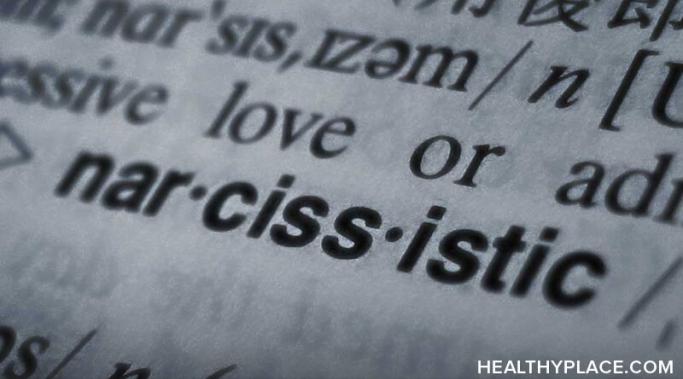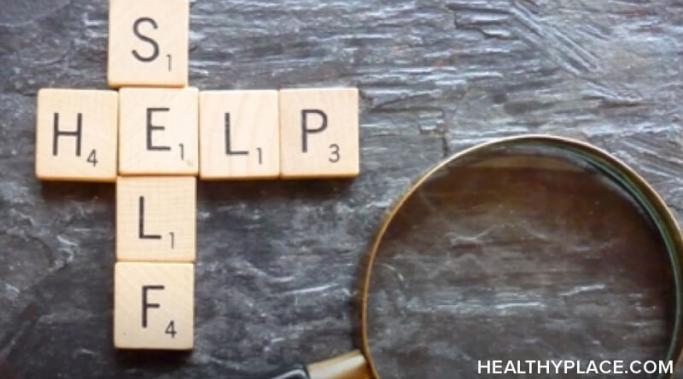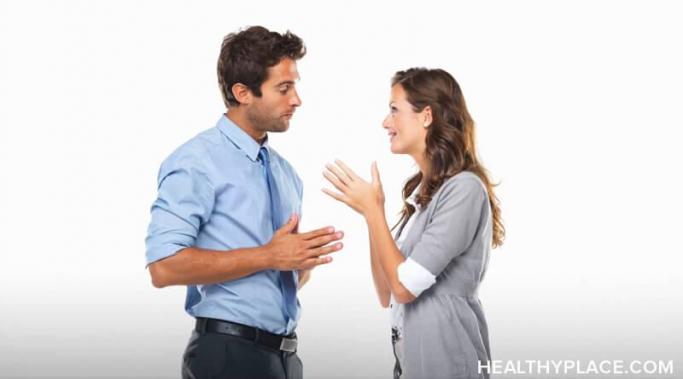Verbal abuse in work relationships happens regularly. After all, haven't you heard the cliche that employees leave bosses, not jobs? In many situations, this is quite true, especially when the person you report to is verbally abusive in the workplace. Unfortunately, I was the victim of verbal abuse at work on more than one occasion. Thankfully, I was able to pick up the pieces of my shattered ego and leave for a better career path.
Verbal Abuse in Relationships
For some individuals like myself, the introduction of verbal abuse begins growing up at home. Many times, parents can be a child's first experience with demeaning comments, insults, or even regular bullying.
I’m Cheryl Wozny and I am excited to join the team at HealthyPlace on the "Verbal Abuse in Relationships" blog. I am thankful that I have the opportunity to share with you my background experiences along with all of the tools I have gained through years of therapy and self-exploration.
My current boyfriend was arrested for a non-violent crime 12 days ago. I'm not sure if I should be embracing this newfound freedom from the occasional verbal abuse he inflicted on me, or maybe it's okay to experience heartache. But how I am "supposed" to feel doesn't really matter -- in a unique situation like this, what counts is the emotions that I am experiencing: I feel lonely and distraught.
Sometimes, practicing self-care in a verbally abusive relationship is the only thing you can do. While it's easy for friends and family members to tell verbal abuse victims to "just leave," the act of leaving a verbally abusive relationship isn't quite as easy. People who are observing our situation from the outside in aren't capable of understanding the complexities of our partnerships. There are so many factors that weigh in: children, fear, finances, lacking confidence, believing no one will love us again, our broken-down mindset, and so much more. These factors can make leaving our abuser much more difficult. That's why self-care in an abusive relationship is a must.
What does verbal abuse look like? That's a good question because when verbal abuse happens in a relationship, the abuse can be subtle, overt, or somewhere in between. Verbal abuse is often subtle in the beginning stages of a partnership, and then it evolves, becoming much more recognizable. I've asked myself this question many times: "How do I know if his actions and words constitute verbal abuse?"
Verbal abuse in relationships isn't acceptable, but I've often wondered if verbal abuse is forgivable. Throughout 15 years of brainstorming and therapy, I came to a conclusion — verbal abuse can be forgivable in some situations, however, the abuser has to work on himself, put in the necessary effort, and actually change.
I can still remember my first experience with verbal abuse. At the time, I was only 13 years old.
My name is Megan Lane, and I’m thrilled to join the “Verbal Abuse in Relationships” blog at HealthyPlace. I’ve been in verbally-abusive partnerships, including two failed marriages, on and off through the majority of my teenage and adult life.
Finding your voice and reacting appropriately during an initial reaction to verbal abuse can be harder than it seems. Often, we can get wrapped up in a moment, as if our bodies go into shock. Sometimes, it's not until later that you can form words that, in retrospect, you would have liked to say, but for some reason, you didn't. This describes my experiences with verbal abuse, and I hope that my lessons help you avoid this frustration and become powerful in speaking your mind in the active moments of verbal abuse.









